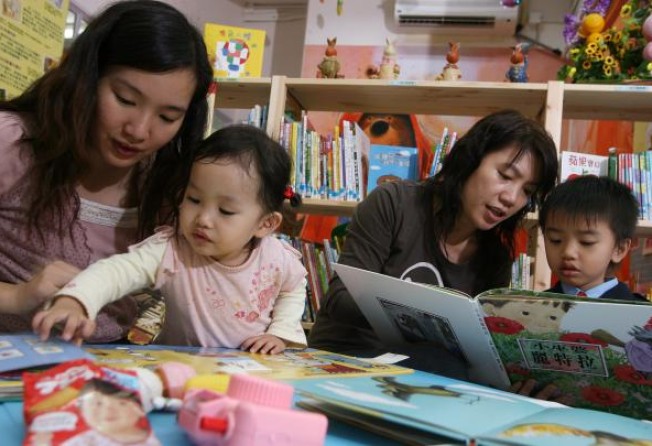Literacy success highlights pitfalls

The recent results of Progress in International Reading and Literacy Study (PIRLS 2011), considered the "gold standard" in measuring literacy development globally, provides a perfect example of the failings and short-sightedness of our current approach to education and the dangers it creates for our society over the long term.
Hong Kong is the top performer in reading achievement but ranked lowest out of 45 regions in terms of motivation to read and family literacy.
Only 12 per cent of Hong Kong parents engaged in some form of pre-school literacy activities with their children versus the international average of 37 per cent.
Hong Kong children also scored very low in terms of interest to read (39th out of 45 entrants) and confidence to read (44th out of 45 entrants).
What does this tell us? Quite simply, Hong Kong children are disposed to read not because they like it, but because of extrinsic motivation from parents and teachers in the form of external recognition, rewards or incentives.
Iris Chan's letter ("Pressure an integral part of school system", January 2) is a clear example of how far removed we are, as parents and educators, in providing the right attitude and approach to learning.
While doing well in exams is certainly important, it is not the be all and end all.
Should we really be patting ourselves on the back because our children scored so high on the reading tests yet they have no interest or self-motivation to read?
Our current attitudes may churn out great score cards, but this does not create lifelong learners who can think for themselves, are confident, self-motivated and interested to seek new possibilities and challenges.
Sadly, Hong Kong parents also ranked lowest in the PIRLS report with only 14 per cent of them enjoying reading for pleasure (versus an international average of 32 per cent).
The home provides modelling and direct guidance not just in effective literacy practices but in our whole attitude to learning. If we ourselves aren't motivated for the right reasons, what chance do our children have?
Pia Wong, executive director, Bring Me a Book Hong Kong